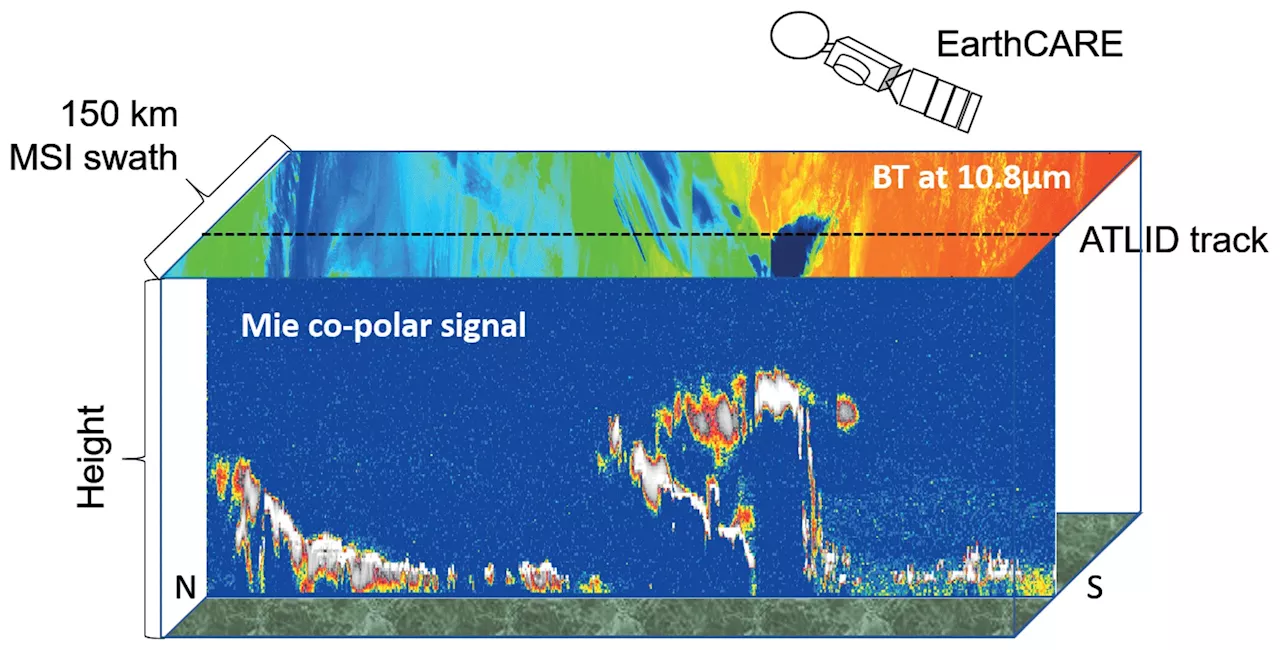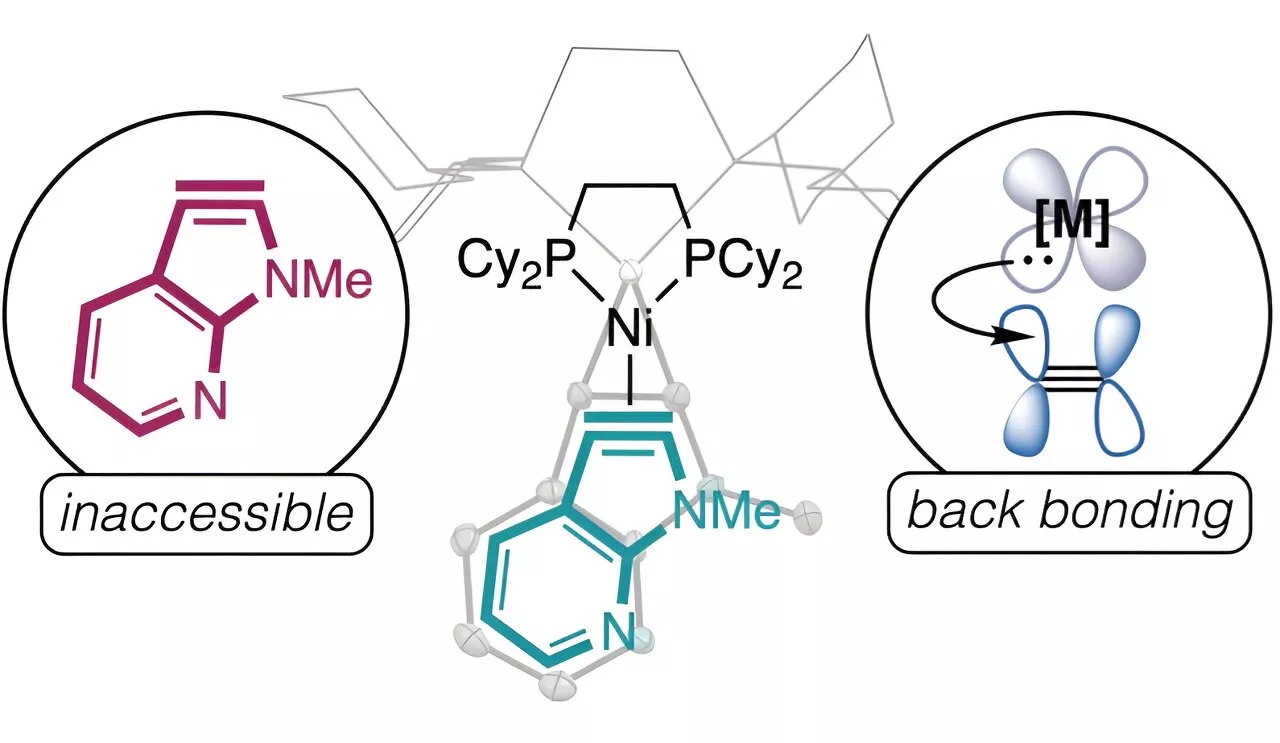New phenological and behavioral models will help scientists collect more accurate counts of emperor penguins. Emperor penguins are at the top of the food web. They are a reflection of how lower levels of the marine food web are being impacted by climate change.
Systematic data collection on the biological component of ecosystems is still in its infancy, especially in harsh environments, in which consistent and repeatable research is particularly hard to achieve.
What this new method accomplishes is to use satellite imagery in conjunction with a phenological and a behavioral model. "Systematic data collection on the biological component of ecosystems is still in its infancy, especially in harsh environments, in which consistent and repeatable research is particularly hard to achieve," Le Bohec said."In the coming years, climate change, fishing and other human interference in emperor penguin's habitat will put the species ability to adapt under harsh pressure.
"Emperor penguins are at the top of the food web.They are a reflection of how lower levels of the marine food web are being impacted," Zitterbart said."This research has the potential to transform the emperor penguin from a hard-to-study species to the canary in a coal mine of the Southern Ocean and act as an early warning system for ecosystem health.
Birds Zoology Marine Biology Endangered Animals Ecology Research Extreme Survival Sea Life
United Kingdom Latest News, United Kingdom Headlines
Similar News:You can also read news stories similar to this one that we have collected from other news sources.
 Researchers create new software for the new European-Japanese Earth observation satellite EarthCAREPreparations for the launch of the new Earth observation satellite EarthCARE (Earth Cloud Aerosol and Radiation Explorer) at the end of May are in full swing. The joint mission of the European Space Agency (ESA) and the Japan Aerospace Exploration Agency (JAXA) will measure clouds, aerosol and radiation more accurately than ever before.
Researchers create new software for the new European-Japanese Earth observation satellite EarthCAREPreparations for the launch of the new Earth observation satellite EarthCARE (Earth Cloud Aerosol and Radiation Explorer) at the end of May are in full swing. The joint mission of the European Space Agency (ESA) and the Japan Aerospace Exploration Agency (JAXA) will measure clouds, aerosol and radiation more accurately than ever before.
Read more »
 Purdue researchers reveal new technique for ductile ceramicsResearchers develop a technique to enhance ceramics' room-temperature plasticity by introducing dislocations.
Purdue researchers reveal new technique for ductile ceramicsResearchers develop a technique to enhance ceramics' room-temperature plasticity by introducing dislocations.
Read more »
 Researchers target neurogenesis in new approach to treat Parkinson's diseaseResearchers have found a way to better control the preclinical generation of key neurons depleted in Parkinson's disease, pointing toward a new approach for a disease with no cure and few effective treatments.
Researchers target neurogenesis in new approach to treat Parkinson's diseaseResearchers have found a way to better control the preclinical generation of key neurons depleted in Parkinson's disease, pointing toward a new approach for a disease with no cure and few effective treatments.
Read more »
 Researchers reveal a new approach for treating degenerative diseasesProteins are the workhorses of life. Organisms use them as building blocks, receptors, processors, couriers and catalysts. A protein's structure is critical to its function. Malformed proteins not only fail to carry out their tasks, they can accumulate and eventually gum up the inner workings of cells.
Researchers reveal a new approach for treating degenerative diseasesProteins are the workhorses of life. Organisms use them as building blocks, receptors, processors, couriers and catalysts. A protein's structure is critical to its function. Malformed proteins not only fail to carry out their tasks, they can accumulate and eventually gum up the inner workings of cells.
Read more »
 Researchers create new chemical compound to solve 120-year-old problemFor the first time, chemists in the University of Minnesota Twin Cities College of Science and Engineering have created a highly reactive chemical compound that has eluded scientists for more than 120 years. The discovery could lead to new drug treatments, safer agricultural products, and better electronics. The study is published in Science.
Researchers create new chemical compound to solve 120-year-old problemFor the first time, chemists in the University of Minnesota Twin Cities College of Science and Engineering have created a highly reactive chemical compound that has eluded scientists for more than 120 years. The discovery could lead to new drug treatments, safer agricultural products, and better electronics. The study is published in Science.
Read more »
 Researchers build new device that is a foundation for quantum computingScientists led by the University of Massachusetts Amherst have adapted a device called a microwave circulator for use in quantum computers, allowing them for the first time to precisely tune the exact degree of nonreciprocity between a qubit, the fundamental unit of quantum computing, and a microwave-resonant cavity.
Researchers build new device that is a foundation for quantum computingScientists led by the University of Massachusetts Amherst have adapted a device called a microwave circulator for use in quantum computers, allowing them for the first time to precisely tune the exact degree of nonreciprocity between a qubit, the fundamental unit of quantum computing, and a microwave-resonant cavity.
Read more »
